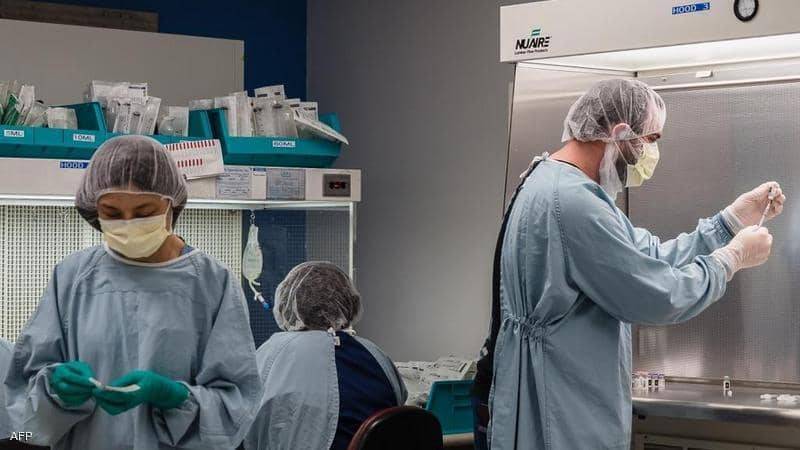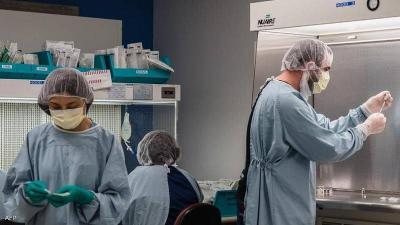Researchers at the Lady Davis Institute at McGill University and the Jewish General Hospital have discovered that increased levels of the OAS1 protein are associated with reduced mortality rates and milder symptoms of COVID-19. This raises the possibility of exploring drugs that enhance OAS1 protein levels to improve these outcomes. The study was published this morning in the prestigious medical journal Nature Medicine.
Dr. Brent Richards, the lead researcher at the Lady Davis Center for Clinical Epidemiology and a professor of medicine and human genetics at McGill University, stated, "Our analysis provides evidence that the OAS1 protein has a protective effect against the severity of COVID-19 symptoms. This is an extremely exciting development in the race to identify potential treatments for patients, as there are already preclinical treatments that enhance OAS1 levels, and their effects against COVID-19 can be explored. It is also understandable to invest significant effort in developing the vaccine if this mechanism succeeds, especially with hundreds of millions of infected individuals worldwide. It is also crucial not to overlook the search for treatment options for diseases that have few recognized treatments daily."
Researchers have found proteins that can be detected in peripheral blood as potential targets, working to identify proteins that play a causal role in the progression of the disease, given that their levels may also be affected by COVID-19 or other pathogenic factors. Notably, some genetic determinants from ancient humans from whom we evolved have been identified, including up to 931 common proteins. Dr. Siroi Cho, a postdoctoral fellow and co-author of the study, found that increased levels of the OAS1 protein were linked to reduced mortality or the need for ventilators, reduced hospital stay duration, and milder symptoms in up to 14,134 COVID-19 cases and up to 1.2 million healthy individuals.
The results were consistent across symptom analyses and multiple principles. Researchers proceeded to measure OAS1 protein levels in 504 patients with varying COVID-19 symptom results, finding that higher OAS1 levels in post-infection patients correlated with protection against severe symptoms and shorter hospital stays. According to the researchers, this form of the OAS1 protein likely emerged in individuals of European descent through interbreeding with Neanderthals tens of thousands of years ago. Gradually, evolutionary pressure may have increased the prevalence of this protein form in our population, which is now detectable in over 40% of people of European descent, potentially serving as a natural defense against previous pandemics.




